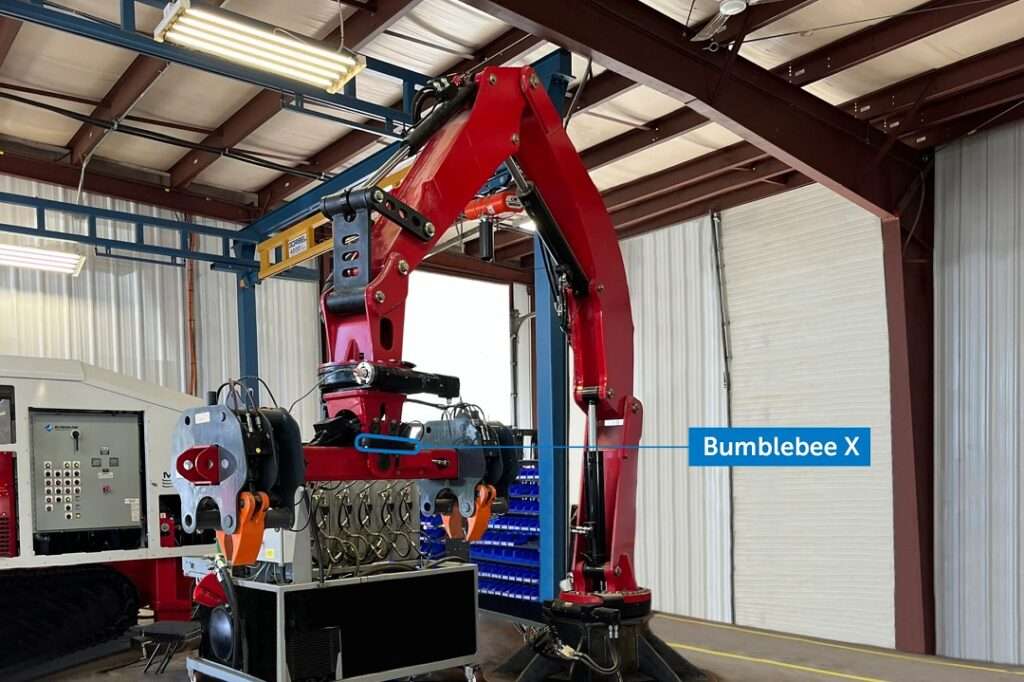Tabreed, a leader in district cooling solutions, hosted a workshop in Chennai titled “Cooling India’s Cities.” The event aimed to address urban cooling challenges in India.
Key stakeholders, government officials, and experts from the energy and cooling sectors attended. They discussed ways to integrate district cooling and energy solutions into Tamil Nadu’s urban planning. The workshop is part of a partnership between Tabreed India and GIZ GmbH’s ‘Energy Efficiency Cooling’ programme, along with the Bureau of Energy Efficiency (BEE), Ministry of Power.
Speakers included Sudheer Perla, Managing Director of Tabreed Asia and Country Manager of Tabreed India; Nitin Jain, Program Head of GIZ GmbH; and Rahul Agnihotri, Advisor for Clean Cooling Solutions and Building Energy Efficiency at UNEP. Representatives from the State Planning Commission, DISCOMs, developers, consultants, and architects also participated.
Dr. Vijaya Baskar from the State Planning Commission shared insights on sustainable cooling plans. Tabreed India presented case studies for district cooling in Chennai and Tamil Nadu. They emphasized the need for commercial and large-scale viability of innovative solutions.
The event featured a roundtable discussion moderated by Sudheer Perla and Nikhil Kulkarni from C40. They explored practical implementation of district cooling technologies and addressed challenges in adopting sustainable cooling solutions.
Sudheer Perla highlighted the importance of district cooling for urban cooling needs and climate goals. He commended Tamil Nadu’s leadership in promoting district cooling through strong policies and pilot projects in Chennai.
Rahul Agnihotri from UNEP emphasized the benefits of district cooling in reducing greenhouse gases and saving costs. Nitin Jain from GIZ GmbH stated that the workshop would help promote district cooling projects in Tamil Nadu, supporting energy efficiency and sustainable cooling.
The workshop marked a key moment for stakeholders to align their efforts towards implementing district cooling solutions. A shared vision for sustainable cooling can enhance public confidence, support feasible business models, and provide environmental and economic benefits.








